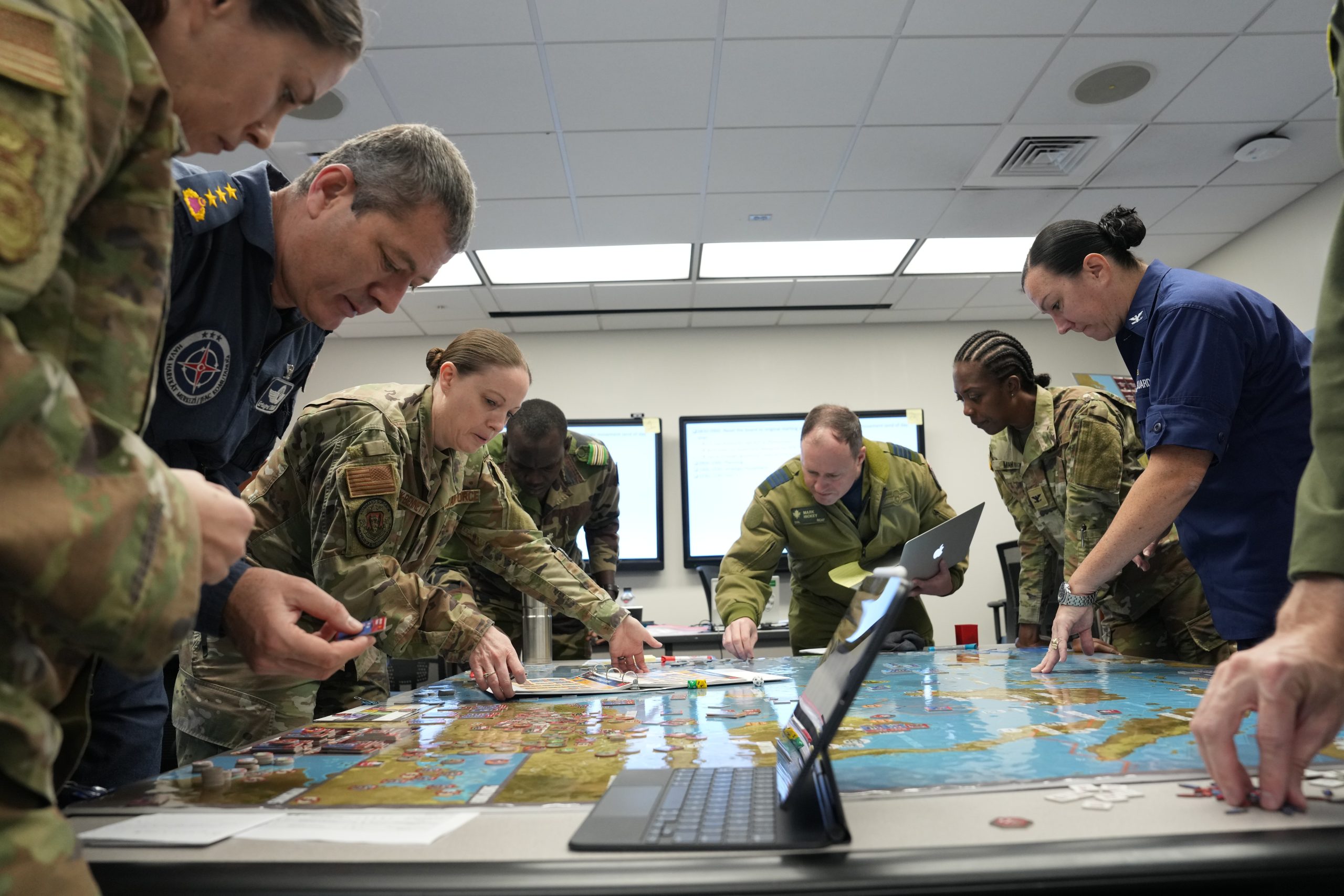For the first time in its history, America’s flagship space wargame will not be scripted solely by U.S. strategists. The 2027 edition of the Schriever Wargame invites allied partners to co-write the scenarios—a move that signals Washington’s shift toward a coalition-led approach in orbit.
Schriever Wargame to give allies bigger role as U.S. shifts toward coalition-led space strategy

Key Takeaways:
- The next Schriever Wargame is scheduled for 2027.
- Allies will help develop the exercise’s scenarios for the first time.
- The change reflects a broader U.S. move toward coalition-led space strategy.
- Schriever remains a principal military space exercise.
- The development was first reported by SpaceNews on Aug. 18, 2025.
Introduction
Once a strictly American rehearsal for conflict in orbit, the Schriever Wargame is about to get a multinational rewrite. According to SpaceNews, “the 2027 exercise will mark first time allies jointly develop scenarios instead of U.S. leading unilaterally,” underscoring how Washington now wants partners at the drawing board as well as on the battlefield.
What Is the Schriever Wargame?
Named after Air Force pioneer Gen. Bernard Schriever, the wargame serves as a laboratory where military planners test ideas for protecting satellites, networks and crews in space. Until now, U.S. teams shaped every scenario, with allies invited mainly as participants rather than planners.
The 2027 Shift
SpaceNews reports that the coming exercise will “give allies a bigger role.” In practical terms, that means allied officers will sit beside their U.S. counterparts to imagine the threats, responses and diplomatic pressures that could define a future space crisis.
Why a Coalition-Led Strategy?
Bringing partners inside the scenario room signals a strategic re-orientation: America wants deterrence in orbit to be a shared endeavor. By scripting the next wargame together, Washington and its allies aim to rehearse cooperation long before a real emergency blinks onto the radar.
Looking Ahead
Details of the 2027 wargame remain classified, but its collaborative authorship is already public—and historic. If the exercise delivers on its promise, it may set the template for how the United States conducts not just war-games, but space operations themselves, in the years to come.











